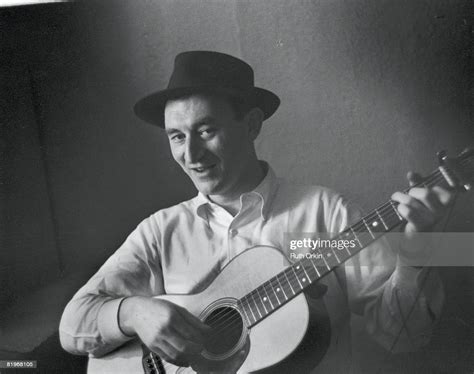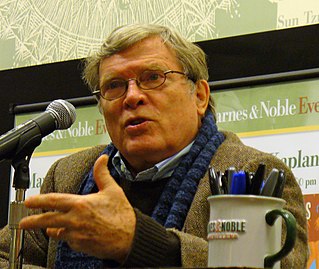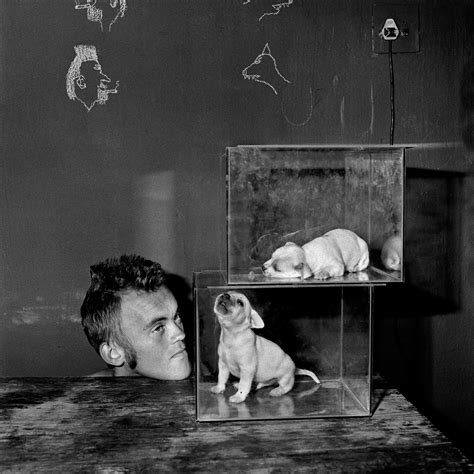A Quote by Sam Abell
[In the late 80's] that's the first time I heard about that astonishing idea [that most photographs would be taken on telephones]. And now I've been watching the tsunami of images.
Quote Topics
Related Quotes
Images anesthetize. An event known through photographs certainly becomes more real than it would have been if one had never seen the photographs ... But after repeated exposure to images it also becomes less real. ... 'concerned' photography has done at least as much to deaden conscience as to arouse it.
The first time, I usually skim off the outer layer and end up with photographs that are fairly obvious. The second time, I have to look a little deeper. The images get more interesting. The third time it is even more challenging and on each subsequent occasion, the images should get stronger, but it takes more effort to get them.
I've been collecting photographs since I don't know when, for a long time, for different reasons. You can find them on eBay and when we were browsing through the shops there were images that attracted me. These are all historical images because these days they're all digital. They don't exist anymore.
It is a nostalgic time right now, and photographs actively promote nostalgia. Photography is an elegiac art, a twilight art. Most subjects photographed are, just by virtue of being photographed, touched with pathos. ... All photographs are memento mori. To take photograph is to participate in another person's mortality, vulnerability, mutability. Precisely by slicing out this moment and freezing it, all photographs testify to time's relentless melt
The first time I saw you, when you stepped into that Skiz ring against Kaede, I thought you were the most beautiful girl I'd ever seen. I could've watched you forever. The first time I kiss you..." That memory overpowers me now, taking me by surprise. I remember every last detail of it, almost enough to push away the lingering images of the Elector pulling June to him. "Well, that might as well have been my first kiss ever.
Economists often talk about the 80/20 Principle, which is the idea that in any situation roughly 80 percent of the “work” will be done by 20 percent of the participants. In most societies, 20 percent of criminals commit 80 percent of crimes. Twenty percent of motorists cause 80 percent of all accidents. Twenty percent of beer drinkers drink 80 percent of all beer. When it comes to epidemics, though, this disproportionality becomes even more extreme: a tiny percentage of people do the majority of the work.


































